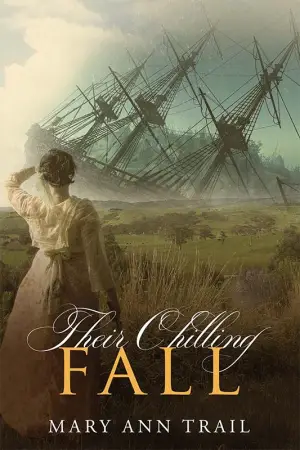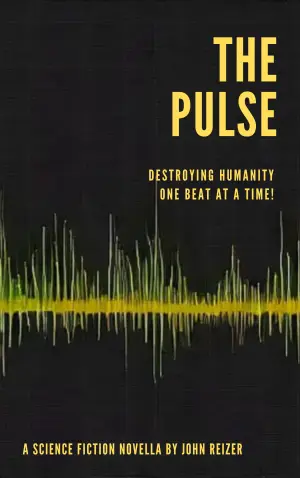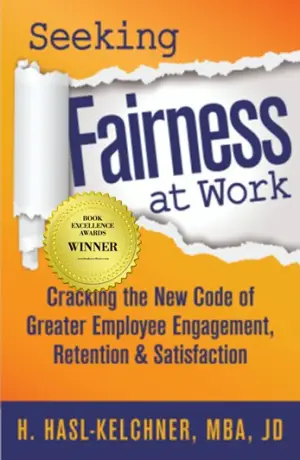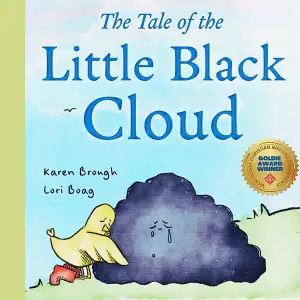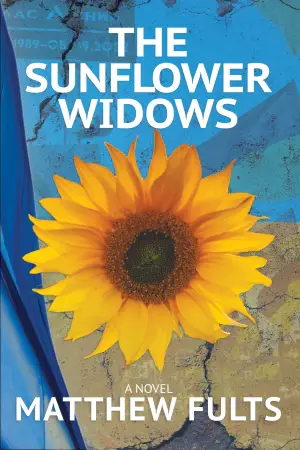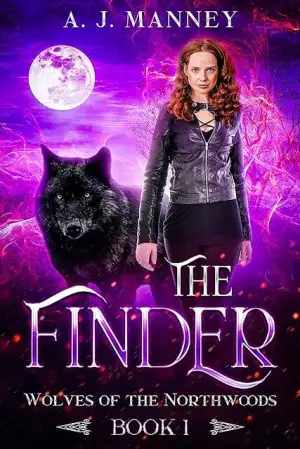A Heartfelt Dive into the Enchantment of We Were Liars
What drew me first to We Were Liars by E. Lockhart was a blend of curiosity and the promise of a gripping story that tugged at the heart. Shoutout to the recent TV adaptation that had me crying, which led me to pick up the book again. I simply had to relive the whirlwind of emotions, and I’m so glad I did! This book? It’s an emotional rollercoaster I never saw coming and has since turned into a full-blown obsession.
At the center of the story is Cadence Sinclair Eastman, a young woman entangled in the complexities of family dynamics among the privileged Sinclairs, who spend their summers on a private island. Their lives appear perfect—filled with sun-drenched days, private beaches, and idyllic family gatherings—but beneath that glamorous surface lies a tragic reality filled with secrets, loss, and trauma. Lockhart invites us into Cadence’s mind, where the dreamy, flowery prose reveals layers of her emotional turmoil, making the reader experience everything right alongside her.
Lockhart’s writing style is akin to a fine piece of art—one that either captivates you or leaves you scratching your head. Personally, I fell in love with her vivid, metaphorical language, which dances between ethereal and excruciatingly visceral. The controversial prose might not be for everyone, but I found it to be a gateway into Cadence’s mesmerizing yet murky world. Lockhart brilliantly captures the essence of trauma, expressing it through Cadence’s distorted lens. “Tragedy is ugly and tangled, stupid and confusing,” she writes, striking a chord that resonates deeply for anyone who’s faced hardship.
The drama is another highlight of this tale. While fantasy novels often thrive on court intrigues, We Were Liars delivers its own brand of intensity through familial strife. Internal conflicts bubble to the surface—think love triangles and hidden grudges—not to mention the aching desire for acceptance among the Sinclairs. Lockhart’s exploration of privilege, identity, and pain had me enthralled, feeling as if I was right there with them, balancing on the edge between beauty and destruction.
I adored how distinct each character was, particularly through Cadence’s first-person narrative. It’s easy to imagine how differently the story would unfold if told from Gat’s, Johnny’s, or Mirren’s perspective. The uniqueness of Cadence’s voice makes every joy and heartbreak hit harder. Her declaration “We are beautiful and privileged. We are cracked and broken” resonated with me on so many levels—the complexities of identity and the masks we wear can feel so beautifully haunting.
In conclusion, We Were Liars is a book I would recommend wholeheartedly. If you’re drawn to enchanting prose that wrestles with emotional themes, beautiful yet often dark narratives, and a unique approach to trauma representation, this book is for you. It stole my heart, then ripped it apart, leaving me enchanted, emotional, and utterly spellbound. Whether you find solace in stories of privilege or simply love a well-crafted narrative, grab this book, find a cozy spot, and let Cadence’s world sweep you away. Trust me, you’ll be wondering about your own hidden truths and reminiscences long after you turn that last page.
